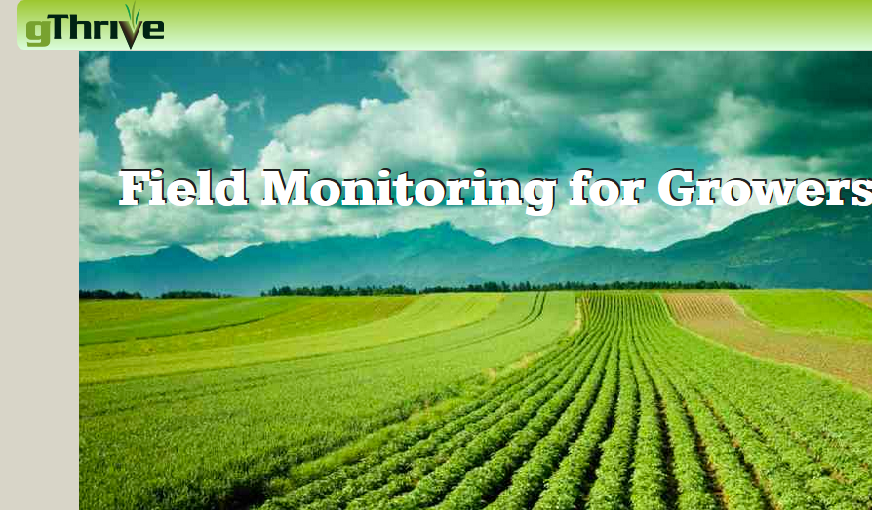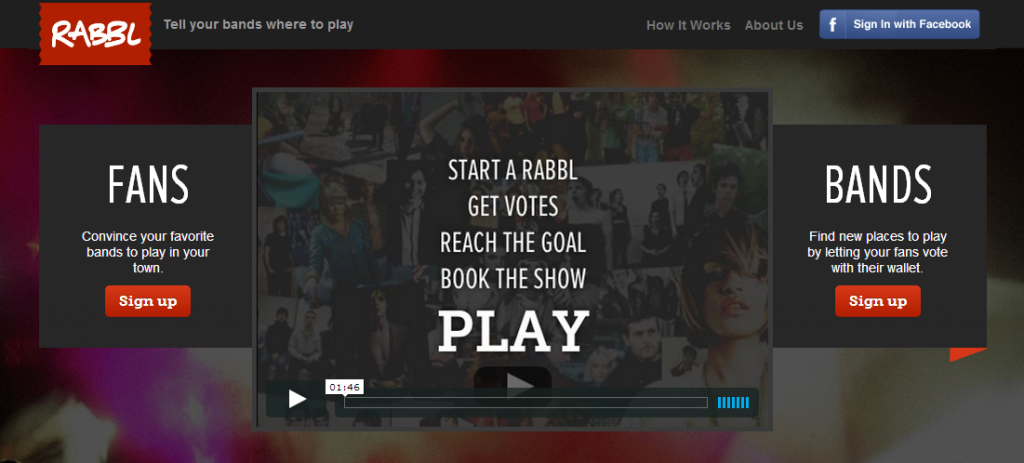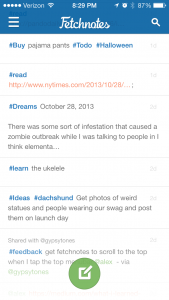It’s the biggest time of year for many retailers, including startups. In 2012, Cyber Monday outpaced Black Friday in terms of products sold — expect the same to happen in 2013. If you don’t already have your sales strategies and your marketing in place for this big business day, it’s time to get planning.
Once your business reaps the benefits of Cyber Monday, you then have to deal with the harder aspect of the holiday season: shipping your products to customers. The way you handle shipping this year will determine how many sales you get next year. If products arrive late or broken, or if they are in any way disappointing to your customers, you’ll lose customer loyalty and your fledgling business will find its wings crippled.
With that in mind, here are the shipping rules for holiday packages:
1. The packages must arrive on time.
A lot of online retailers promise that packages will arrive “by Christmas.” That’s all very well and good, but keep in mind that many people travel. This year, the weekend before Christmas falls on December 21/22; that’s when people will start traveling to visit family. Don’t make them wonder if your package will arrive by then. If people order on Cyber Monday, you need to get them the packages within two weeks, or by December 9. As sales continue, you need to be ready to ship as fast as possible.
2. The packages must look great.
There are two moments this holiday season at which your package is unwrapped: one of them is of course at the moment when the recipient receives the gift, but the other is when the person who bought the gift receives your shipment.
Make sure your customer is just as happy to open your package. Invest in custom logo boxes to make your box stand out. Include little details to delight your customer, such as a personalized thank-you letter or a bonus gift. Adding a vinyl cling sticker or a cute inkpen to every package is an inexpensive way to build brand loyalty and make your customers smile.
3. The item must not break.
Packages get tossed around a lot, so make sure your product is securely wrapped. Items that arrive broken, especially right before a major holiday, cause a lot of additional headaches on the part of your customers.
Of course, you also have to be careful not to use too much packaging, lest your product end up on the front page of Overpackaging.com. Customers are very sensitive about companies that use large boxes to ship small items, or that fail to pack their products in recyclable materials.
4. Your return policy has to be easy to follow.
It goes without saying that your product should be described as accurately as possible, so customers know exactly what they’re getting. However, even when the product is exactly what they expected, people sometimes still need to return the item.
Make your return policy as easy to follow as possible. Include the padded return envelope in your packaging, along with a postage-included address label sticker. If customers don’t want to return your product, they can always use that padded envelope for something else — another win-win and another way to build customer loyalty.
5. You must be easy to contact.
If you don’t already have a customer service number on your website, now’s the time to add it. If possible, throw in a customer service chat option as well; a lot of people prefer asking their questions through online chat instead of over the phone. If you’re easy to contact, your customers are more likely to trust you for their holiday needs.
Use these five rules to get you started for the holiday season. You’ll be prepared to wow your customers and build loyalty, and set yourself up for great sales in the new year.

















 send them a note. The person you need to communicate with not a Fetchnotes user? No problem! The new update also incorporates your address book, so a non-user will get a text with the note’s details.
send them a note. The person you need to communicate with not a Fetchnotes user? No problem! The new update also incorporates your address book, so a non-user will get a text with the note’s details.